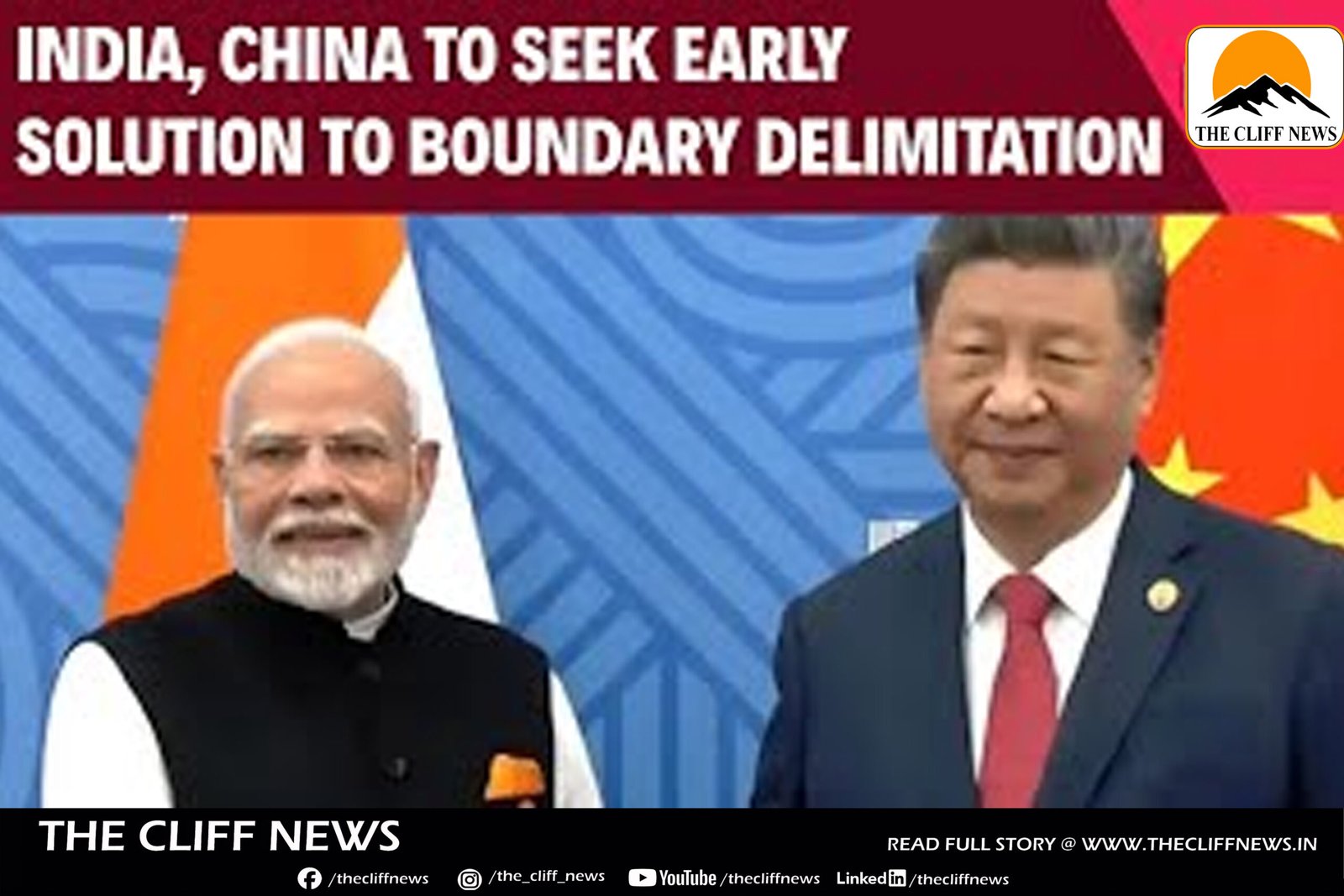In a significant move to reset the trajectory of bilateral relations, India and China have agreed to work towards a settlement of the boundary question by setting up an expert group to explore early solutions on boundary delimitation.
The decision came after a series of high-level meetings involving Prime Minister Narendra Modi, External Affairs Minister, and National Security Advisor Ajit Doval with Chinese Foreign Minister Wang Yi.
The Ministry of External Affairs (MEA) said both sides have also decided to resume direct flights at the earliest, expand the Indian pilgrimage to Mount Kailash and Lake Manasarovar, and reopen border trade through the three designated trading points — Lipulekh Pass, Shipki La, and Nathu La.
Progress on Border Dialogue
Doval and Wang, serving as Special Representatives on the Boundary Question, held the 24th round of SR Talks. Both leaders noted that peace and tranquillity had been maintained since the 23rd round and reaffirmed the importance of stability along the border to strengthen bilateral ties.
The two sides agreed to seek a “fair, reasonable and mutually acceptable framework” for boundary settlement in line with the 2005 Agreement on Political Parameters and Guiding Principles. The newly established expert group under the Working Mechanism for Consultation and Coordination on India-China Border Affairs (WMCC) will explore “early harvest” outcomes in boundary delimitation.
Additionally, both sides agreed to create General Level Mechanisms in the Eastern and Middle Sectors, complementing the existing structure in the Western Sector, to further aid in de-escalation and border management.
Diplomatic & Economic Engagements
China has welcomed Prime Minister Modi’s participation at the upcoming Shanghai Cooperation Organisation (SCO) Summit in Tianjin. India, in turn, reaffirmed full support to China’s SCO Presidency and agreed to enhance cooperation on future diplomatic events, including the 2026 BRICS Summit in India and the 2027 Summit in China.
On the economic front, both sides committed to facilitating trade and investment flows and ensuring smoother cross-border interactions.
A Thaw After Tensions
Relations between India and China had hit a low following the 2020 Galwan clash and prolonged standoff in Ladakh. The recent developments mark a clear thaw, coinciding with escalating global trade tensions following US President Donald Trump’s new tariffs on India and China.
The latest measures highlight a broader intent from both nations to adopt a practical, forward-looking approach, balancing security concerns with economic and cultural engagement.



